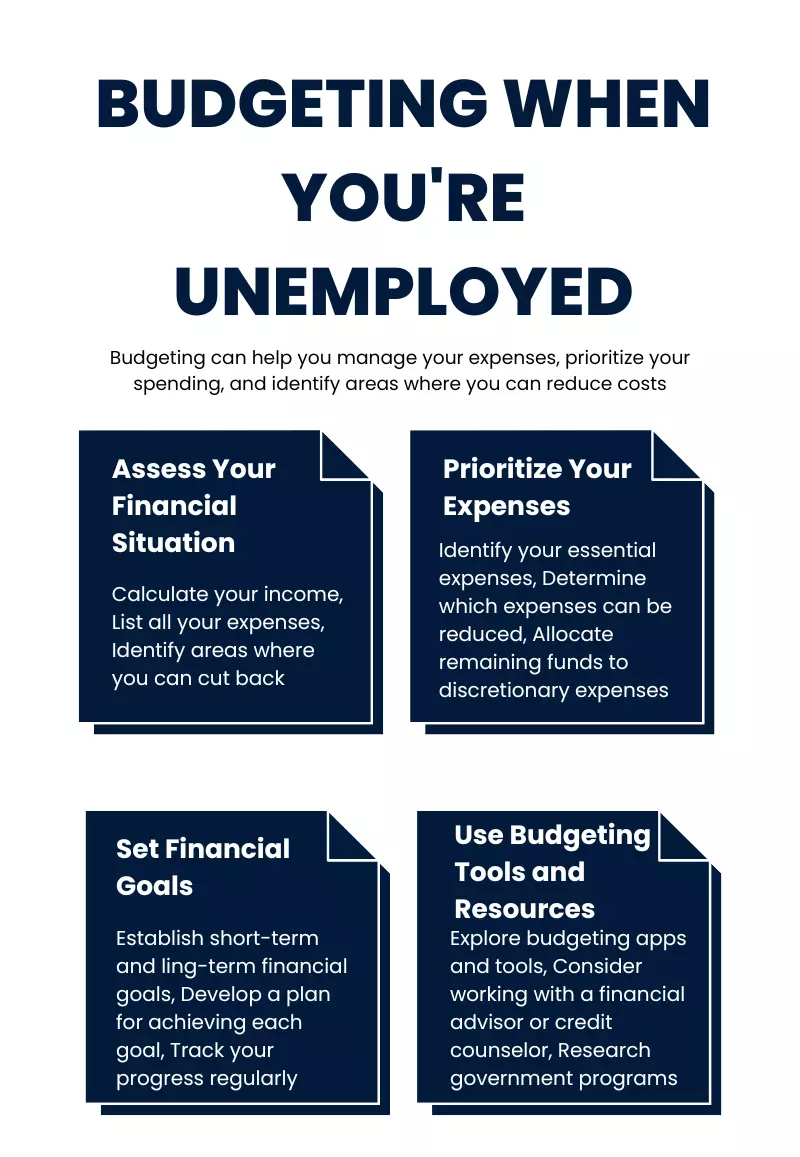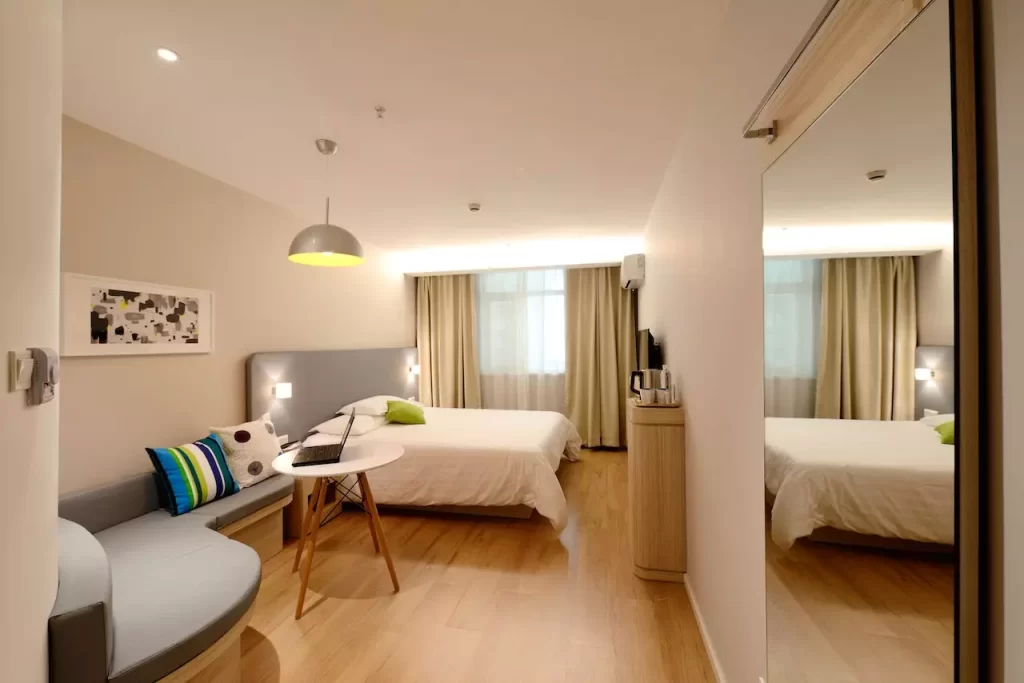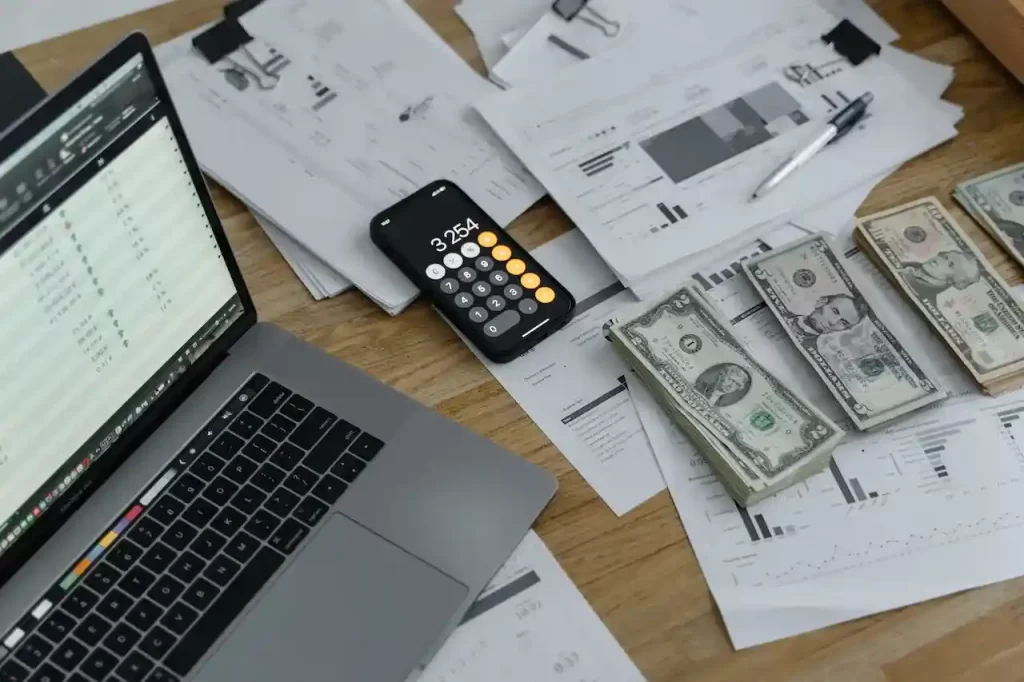Budgeting is a critical skill that everyone should possess, regardless of their financial status. However, it becomes even more crucial when you are unemployed, as you have limited financial resources to work with.
Budgeting can help you manage your expenses, prioritize your spending, and identify areas where you can reduce costs. By creating and sticking to a budget, you can ensure that you are not overspending, avoid getting into debt, and make the most of your limited income.
When starting a budget, there are several essential steps to follow. First, you need to assess your financial situation by calculating your income and expenses. This step will help you determine your financial health and identify areas where you can make cuts to your spending.
Next, you should prioritize your expenses, allocating your limited funds to essential costs such as food, housing, and utilities. You can then allocate remaining funds to discretionary expenses such as entertainment or hobbies.
In this article, we will discuss how to start a budget when you are unemployed. We will provide a beginner’s guide to budgeting, including essential steps to follow, budgeting tools and resources, and tips for achieving your financial goals.
Whether you are struggling to make ends meet or looking to save for future expenses, this guide will help you take control of your finances and improve your financial situation.
Assess Your Financial Situation
The first step in starting a budget when you are unemployed is to assess your financial situation. This step will help you determine your current financial health and identify areas where you can make cuts to your spending. The following are the essential steps to follow when assessing your financial situation:
Calculate your total income: Start by determining your total income, including any government benefits or assistance you receive. This may include unemployment benefits, disability payments, or other forms of government assistance. Make sure to calculate the net income (after taxes and deductions) to get an accurate picture of your financial situation.
List all your expenses: Next, make a list of all your expenses, including fixed and variable costs. Fixed costs include expenses that remain the same each month, such as rent or mortgage payments, car payments, and insurance premiums. Variable costs include expenses that vary each month, such as food, entertainment, and utility bills.
Identify areas where you can cut back on expenses: After listing all your expenses, identify areas where you can reduce costs. For example, you may be able to save money on food by cooking at home instead of eating out, or by buying generic brands instead of name-brand products. You may also be able to reduce your utility bills by conserving energy or switching to a more affordable provider.
By following these steps, you can gain a better understanding of your financial situation and start identifying areas where you can make cuts to your spending. This will help you create a budget that works for your needs and can help you achieve your financial goals.
Prioritize Your Expenses
After assessing your financial situation, the next step is to prioritize your expenses. This will help you determine which expenses are most important and allocate your limited funds accordingly. Here are the essential steps to follow when prioritizing your expenses:
Identify your essential expenses: Start by identifying your essential expenses, such as housing, utilities, and food. These are the expenses that you must pay each month to maintain your basic needs and quality of life.
Determine which expenses can be reduced or eliminated: Next, determine which expenses you can reduce or eliminate altogether. For example, you may be able to reduce your transportation costs by carpooling or taking public transportation instead of driving alone. You may also be able to eliminate certain discretionary expenses, such as cable television or dining out.
Allocate remaining funds to discretionary expenses: Once you have identified your essential expenses and reduced or eliminated unnecessary costs, allocate any remaining funds to discretionary expenses such as entertainment or hobbies. While it’s important to prioritize your essential expenses, it’s also essential to make room for the things that bring you joy and fulfillment.
By prioritizing your expenses, you can ensure that you are allocating your limited funds in a way that aligns with your values and goals. This will help you create a budget that works for your needs and can help you achieve financial stability, even while unemployed.
Set Financial Goals
The next step in starting a budget when you’re unemployed is to set financial goals. Having specific financial goals can help you stay motivated and focused on improving your financial situation. Here are the essential steps to follow when setting financial goals:
Establish short-term and long-term financial goals: Start by establishing both short-term and long-term financial goals. Short-term goals may include paying off credit card debt, while long-term goals may include saving for a down payment on a home or retirement.
Develop a plan for achieving each goal: Next, develop a plan for achieving each goal. This may include setting specific deadlines, breaking larger goals down into smaller, more manageable steps, and identifying potential obstacles and solutions.
Track your progress regularly: Finally, track your progress regularly to stay motivated and adjust your plan as necessary. You may find it helpful to use a budgeting app or spreadsheet to track your income, expenses, and progress towards your goals.
By setting financial goals and developing a plan for achieving them, you can take control of your financial situation and work towards a more stable and secure future, even while unemployed. Remember, it’s essential to be realistic and flexible in your goal-setting, and to celebrate your progress along the way. With dedication and persistence, you can achieve financial success and stability.
Use Budgeting Tools And Resources
The final step in starting a budget when you’re unemployed is to use budgeting tools and resources to help you achieve your financial goals. Here are the essential steps to follow when exploring budgeting tools and resources:
Explore budgeting apps and tools: There are numerous budgeting apps and tools available that can help you track your expenses and income, and develop a plan for achieving your financial goals. Many of these tools are free or low-cost, making them an affordable option for those on a limited budget.
Consider working with a financial advisor or credit counselor: If you need additional guidance or support, consider working with a financial advisor or credit counselor. These professionals can help you develop a personalized plan for achieving your financial goals and provide resources and guidance for managing your finances.
Research government programs: Finally, research government programs that may offer financial assistance or other resources for those who are unemployed. This may include programs that provide food assistance, housing subsidies, or job training and education.
By using budgeting tools and resources, you can gain valuable insights and support for managing your finances and achieving your financial goals, even when unemployed. Remember, it’s essential to stay committed and persistent in your efforts to improve your financial situation. With the right tools and resources, you can achieve financial stability and security, regardless of your current employment status.

Conclusion
In conclusion, starting a budget when you’re unemployed can be challenging, but it’s also an opportunity to take control of your finances and improve your financial situation. By following these essential steps, you can create a budget that works for your needs and helps you achieve your financial goals:
- Assess your financial situation
- Prioritize your expenses
- Set financial goals
- Use budgeting tools and resources
Remember, it’s never too late to take control of your finances and work towards a brighter financial future. While being unemployed may present unique challenges, it’s also an opportunity to reassess your priorities and make positive changes in your life.
By establishing a budget and setting financial goals, you can create a plan for achieving the stability and security you deserve. And with the right tools and resources, you can stay motivated and committed to your goals, even when facing obstacles along the way.
So, take control of your finances today and start working towards a brighter financial future. You have the power to make positive changes in your life, and with dedication and persistence, you can achieve financial success and security, no matter what challenges you may face.





